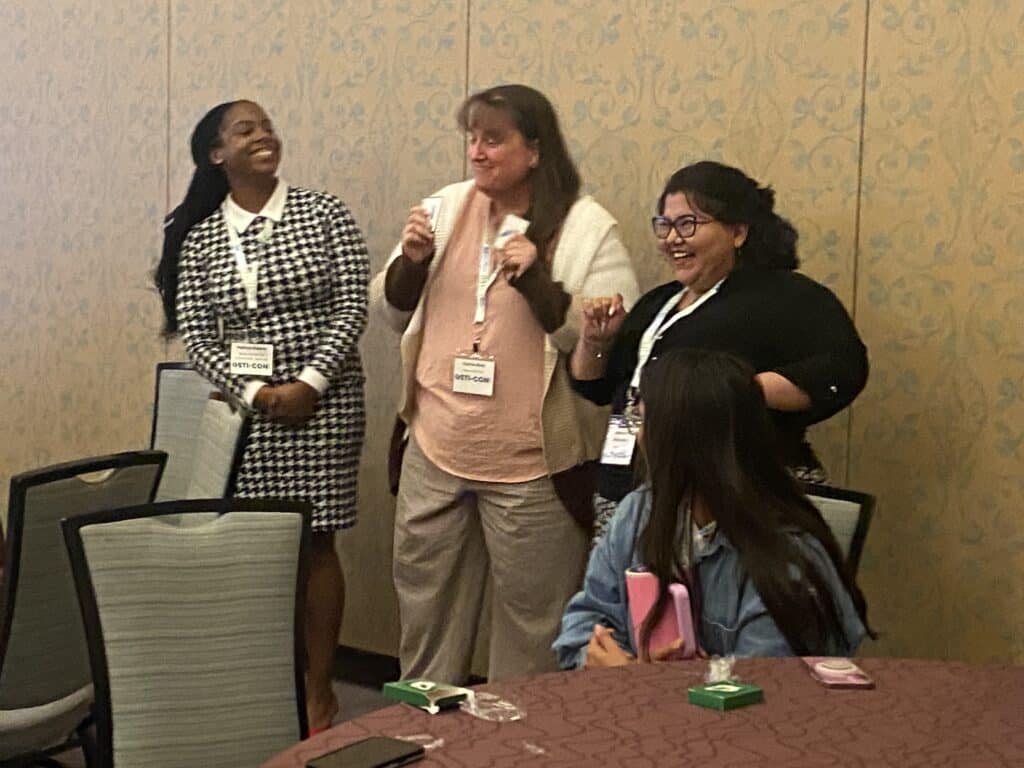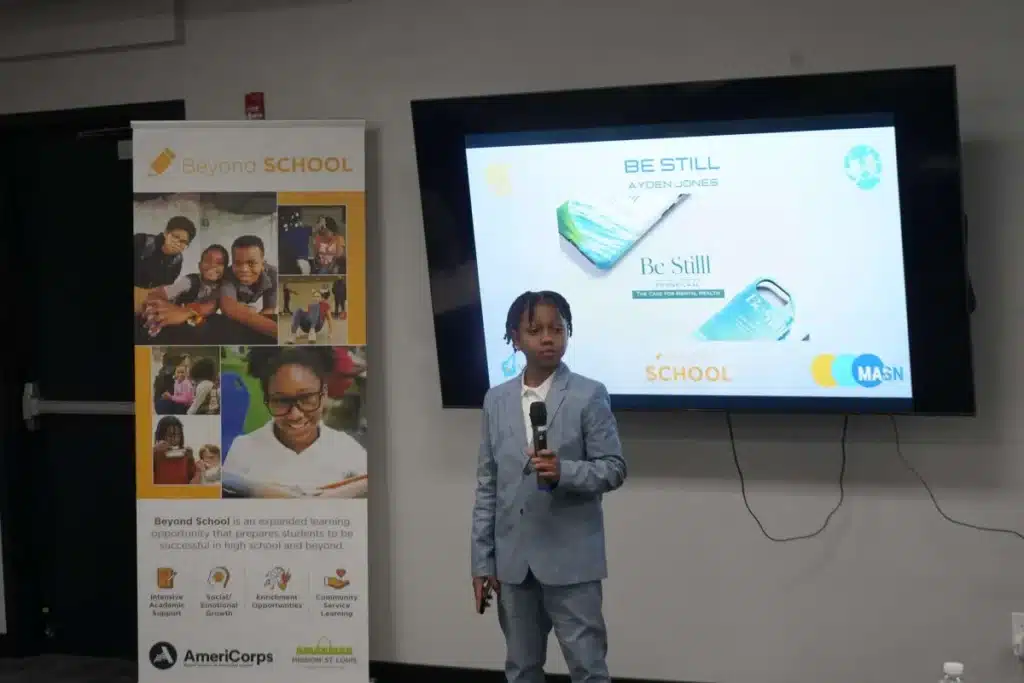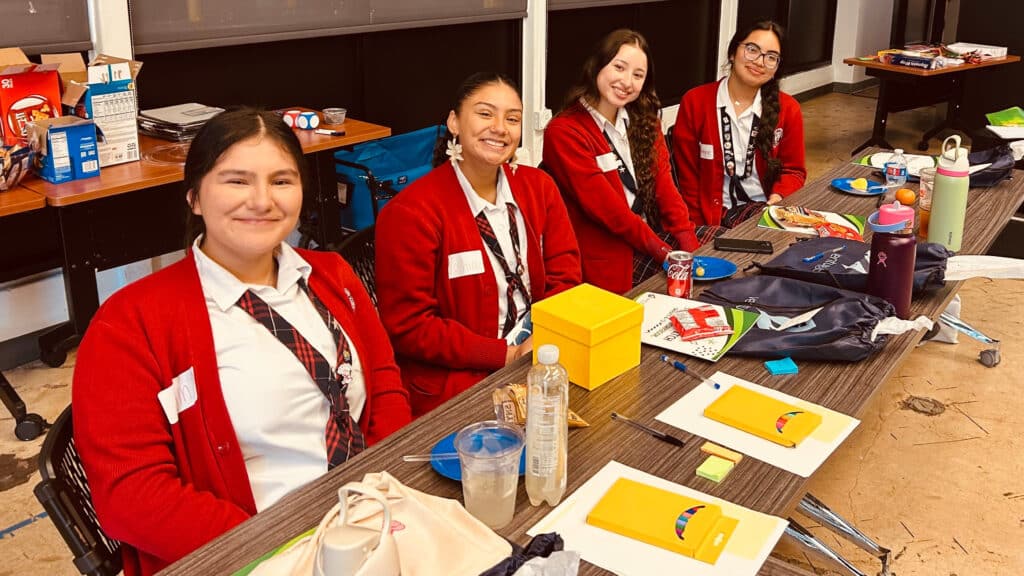Full STEAM ahead: What happens to the girls who could go on to study and work in the fields of Science, Technology, Engineering, Art, and Math (STEAM), but who actually don’t? They miss incredible opportunities that could change their lives. This is often less a matter of choice, but more about conditioning.
As early as pre-school, girls absorb unconscious stereotypes. They’re set on a certain track when they are given Barbie dolls, or when they see mostly boy heroes as science whizzes. These early years are crucial. Studies of the brain show that neural pathways that affect the way girls and boys perceive the world are created at a very young age. Early subliminal messages matter.
Some people assume that once girls and boys start school, there’s nothing standing in the way of girls following a STEAM trajectory. But this is wrong. By the time girls begin school, they are bombarded with subliminal messages about their place in the world and how they should behave. These messages have hardened biases into their minds about their mental capacity and their potential.
As early as the second and third grades, girls make determinations about their aptitudes for math and science, according to research from the University of Washington. What this research found is that when girls associate math and science as subjects that boys naturally excel in, girls internalize the math/science-gender stereotype and rate their abilities as lower than those of boys. In contrast, girls rate their reading and writing abilities higher than those of boys. The research concludes that girls typically don’t self-identify as being good at math as the culture around them communicates the message that math is more appropriate for boys than girls.
To encourage girls in math, we must understand the differences in their brains and how they learn. Then we must apply the most effective teaching methods so that girls flourish. We can’t accept the simplistic premise that all differences are the result of how girls and boys are socialized.

Carol Dweck and her colleagues developed an intervention that could shift—maybe even transform—a fixed mindset into a growth mindset. Dweck, a celebrated psychologist who has written about mindset in her research into motivation, personality and development, created with her colleagues an eight-week series of workshops in which educators learned to teach middle-school children study skills, the workings of the brain, and how the brain can become stronger when children tackle challenging tasks.
The workshops showed that children could learn that their brains can change, and that they can get smarter.
During this eight-week workshop, students in a control group were only taught study skills, without learning anything related to brain development and the benefits of being challenged. The differences between the two groups were striking.
I’d love to hear your thoughts about mindset and motivation in young girls. Have you noticed that your daughters or the young girls in your life respond to encouragement that leads them to challenge themselves? Thank you for sharing.




